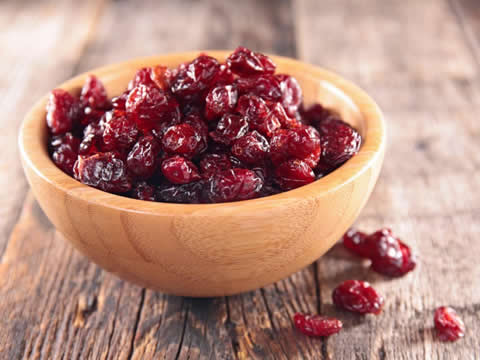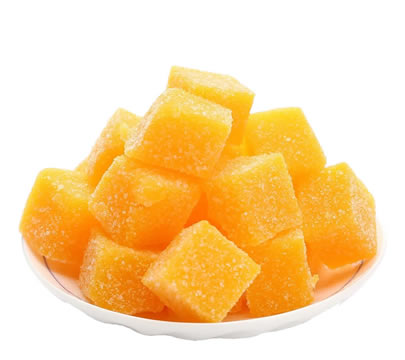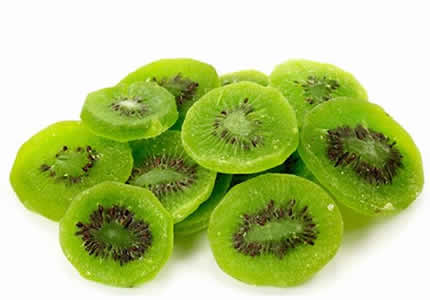
Cranberries are a red, tart berry that can be blended into smoothies, made into juices or turned into baked goods.
Across the United States, people eat 400 million pounds of cranberries each year, mostly over Thanksgiving and Christmas, according to the leading cranberry brand Ocean Spray.
Unlike other popular berries (such as blueberries and strawberries), cranberries aren't often eaten fresh.
Dried Cranberries Nutrition Facts
Dried cranberries are literally just cranberries that have had their water content removed. The serving size for dried cranberries — and any dried fruit — is 1/4 cup
Cranberries also contain some essential amino acids as well as the antioxidants lutein and zeaxanthin, according to an October 2018 study in the journal Food Science.
Dried Cranberries vs. Fresh Cranberries
Dried fruits are often thought of as condensed fruits. All the beneficial vitamins, minerals and other properties of fruits are in a preserved, snackable form.
But this isn't always the case: Because different ways of making dried cranberries can affect their nutrition, 1 cup of fresh cranberries doesn't have the same nutrients as the equivalent 1/4 cup of dried cranberries.
In general, fresh cranberries have more vitamins and minerals: You'll get more vitamin C, vitamin E and manganese in the fresh fruit, per the USDA. And although dried fruits are known for being good sources of fiber, there's even more fiber (13 percent DV) in a cup of whole, fresh cranberries compared to dried cranberries (8 percent DV per 1/4 cup).
Benefits of Cranberries
There's no question cranberries — dried, fresh or made into sauces or juice — are delicious. Cranberries also offer some health benefits, although many of their perks aren't yet conclusive and require more research.
1. They Contain Antioxidants
Cranberries are known for their bioactive compounds, which are linked to protection against degenerative and chronic diseases, according to a May 2015 study in the Records of Natural Products.
Cranberries are also rich in other antioxidants, like flavonoids, catechins and phenolic acids, according to a May 2018 study in the International Journal of Food Properties.
2. They May Help Your Gut
One of the antioxidants cranberries contain — proanthocyanidins, which are polyphenols part of the flavonoid family — has antimicrobial properties, according to a July 2016 article in Advances in Nutrition.
These antimicrobial properties can, along with other beneficial compounds found in these berries, help make sure that your digestive system is colonized with only good bacteria.
3. They're Linked to a Reduced Risk of UTIs
You'll often hear cranberries mentioned as an option for both treating and preventing urinary tract infections (UTIs). Despite the hype, cranberries aren't an effective treatment for UTIs, according to the National Center for Complementary and Integrative Health (NCCIH).
That said, they do appear to reduce the risk of a UTI in people who are at a high risk of getting one, per the NCCIH. For instance, in one meta-analysis that looked at seven randomized controlled trials, cranberry reduced the occurrence of UTIs by 26 percent, per December 2017 research in the Journal of Nutrition.
4. They May Support Heart Health
Cranberries may help to improve blood pressure and cholesterol, two important factors when it comes to heart health, according to the AHA.
But more research is needed to confirm this. It's still unclear if cranberry juice can cut heart disease risk, per the Memorial Sloan Kettering Cancer Center
Xi'an Forward Trading Company is processors, packagers and distributors of dried cranberry we have established long business cooperation with80 dried cranberry planters, covering200hectare of cranberry orchards inShaanxi Province, China. If you are intrested in dried cranberry and would like to lean more, welcome to contact us @ email: sales@driedfruitsnack.com and WhatsApp: +8618616568786












